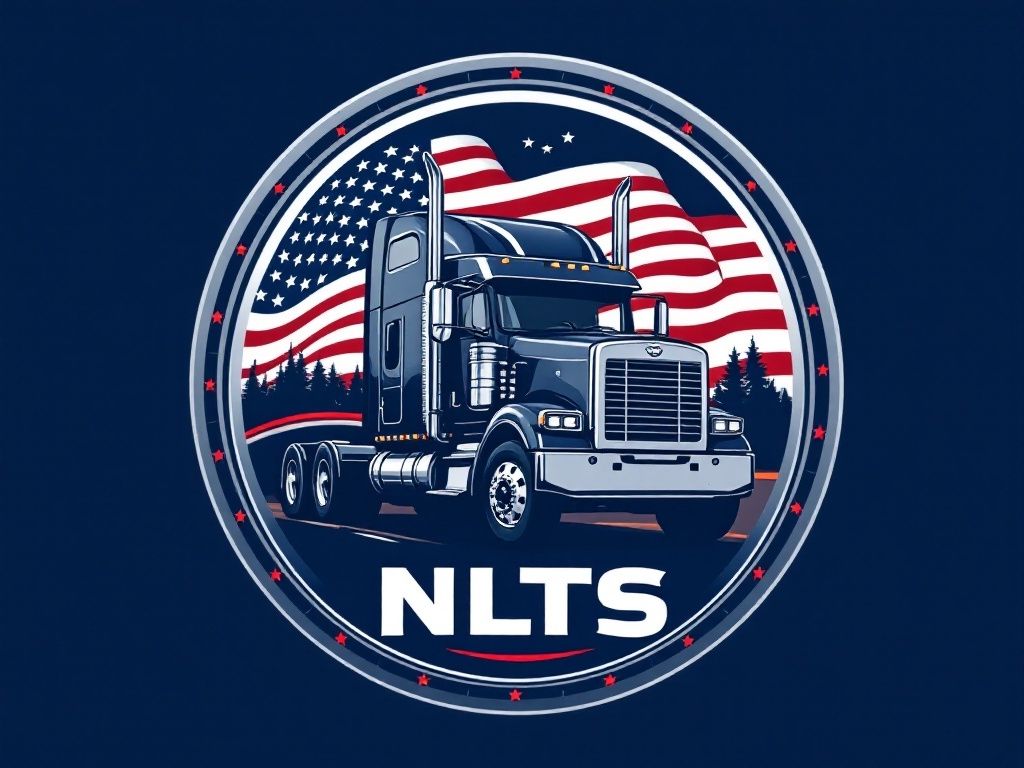The Essentials of Business Trucking Insurance: What You Need to Know
Understanding Business Trucking Insurance
Business trucking insurance is a critical component for any company that relies on vehicles for operations. Whether you're operating a single truck or managing a fleet, having the right insurance coverage ensures that your business is protected against unexpected incidents. This article will guide you through the essentials of business trucking insurance, helping you understand what you need to know to keep your business secure.

Why Business Trucking Insurance is Important
Operating trucks involves considerable risks, from accidents on the road to cargo theft. Business trucking insurance not only protects your vehicles but also shields your business from financial losses. Moreover, most states require trucking companies to have a minimum level of insurance coverage to legally operate, making it not just a necessity but a legal obligation.
Beyond legal requirements, having comprehensive insurance coverage can provide peace of mind. Knowing that your business is protected allows you to focus on other aspects of growth and operation without worrying about potential liabilities.
Types of Coverage
There are several types of coverage options available under business trucking insurance. Here are the main categories:
- Liability Insurance: Covers damages to other parties in the event of an accident where you are at fault. It typically includes bodily injury and property damage.
- Physical Damage Coverage: Protects your trucks against damages caused by collisions, theft, or natural disasters.
- Cargo Insurance: Offers protection for the goods being transported in case of damage or loss.
- Non-Trucking Liability: Covers vehicles when they are not being used for business purposes.

Factors Affecting Insurance Costs
The cost of business trucking insurance can vary significantly based on several factors. Understanding these can help you manage expenses and choose the best coverage for your needs:
- Type of Cargo: The nature and value of the goods being transported can affect premiums.
- Driving History: A clean driving record can lead to lower insurance costs, while accidents or violations may increase them.
- Vehicle Type and Condition: Newer or well-maintained vehicles generally cost less to insure.
- Route and Distance: Long-distance hauls may incur higher costs due to increased risk exposure.
Selecting the Right Provider
Choosing the right insurance provider is crucial for ensuring comprehensive coverage. Consider factors such as the provider's reputation, customer service, and claims process efficiency. It's also wise to compare quotes from multiple providers to find the best rates and coverage options tailored to your business needs.

Regularly Reviewing Your Coverage
Your business needs may change over time, so it's important to regularly review your insurance coverage. Adjustments might be necessary if you expand your fleet, change the type of cargo you transport, or modify your operating routes. Regular reviews help ensure that your coverage remains adequate and cost-effective.
In conclusion, understanding and securing the right business trucking insurance is essential for protecting your assets and ensuring compliance with legal requirements. By staying informed and proactive about your insurance needs, you can safeguard your business against potential risks and focus on achieving success on the road.
